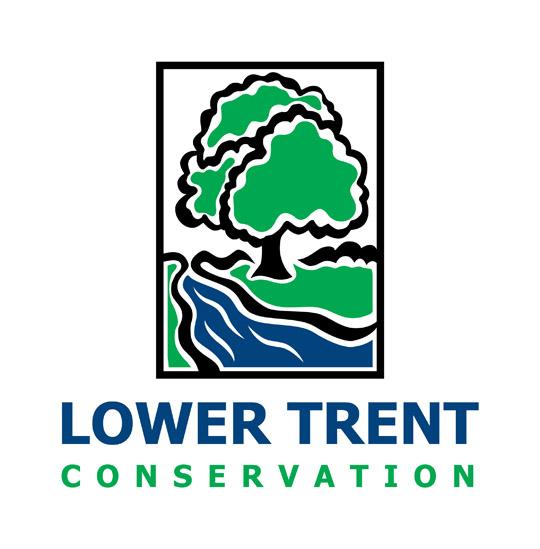A Flood Outlook Statement is issued to raise awareness. Based on weather forecasts for heavy rain, snowmelt or high wind, a change in conditions on local waterways is possible.
ISSUED TO: Municipalities (Alnwick/Haldimand, Cramahe, Brighton & Quinte West), Northumberland & Hastings Counties, Ministry of Natural Resources & Forestry, Media, Health Units, Emergency Response Agencies
MESSAGE #: LTC – 19 – 11 Valid until Monday, May 6th, 2019
Lower Trent Conservation advises local municipalities and the public that a Flood Outlook Statement has been issued for Lake Ontario and Bay of Quinte shoreline from Grafton to Quinte West. Residents along the shoreline should be aware of the potential for erosion and flooding.
A rise in Lake Ontario water levels over the past few months has moved the lake to above normal levels for this time of year. This is in response to significant precipitation throughout the Lake Ontario basin, high inflows from Lake Erie and spring freshet flows from local inputs. Lake Ontario outflows have been reduced due to the current situation in the Ottawa River and downstream impacts along the St. Lawrence River. As a result, Lake Ontario water levels have the potential to rise rapidly over the next 2 weeks. Currently, the lake level at Cobourg is approximately 75.2 metres above sea level, which is 30 centimetres above the long term average for April. Although, Lake Ontario water levels are above average for this time of year, the observed water levels are currently well below the extreme highs of 2017.
High onshore winds may also result in greater short-term fluctuations of water levels, as well as increased flooding and erosion.
Water levels on the Great Lakes naturally vary, responding monthly, seasonally and annually to a variety of factors. Water levels are primarily influenced by natural factors, including precipitation, evaporation, winds, runoff from rivers or streams and inflow from upstream Great Lakes. The Moses-Saunders Dam, approved by the International Joint Commission in the 1950’s, also provides some control over water levels and flows.
Lake Ontario typically reaches its seasonal high water level in May/June. Residents living along Lake Ontario and the Bay of Quinte should expect further increases in water levels for at least the next month.
Residents should ensure personal property (boats, docks, etc.) along the shoreline is secured. Property owners are also reminded that any work along the shoreline (e.g., place of fill, armour stone, etc.) will require a permit from Lower Trent Conservation and should call the office or visit the website for more information.
Please note, the Flood Warning that has been issued for the Trent River on April 22nd, 2019 is still in effect until April 29th, 2019.
Lower Trent Conservation monitors water levels and weather forecasts closely as part of its flood forecasting and warning program. Daily water level updates are available at www.LTC.on.ca. If you have concerns about water levels, please contact Lower Trent Conservation at (613) 394-4829.
This Flood Outlook Statement will be in effect until (or updated before) Monday, May 6th, 2019.























